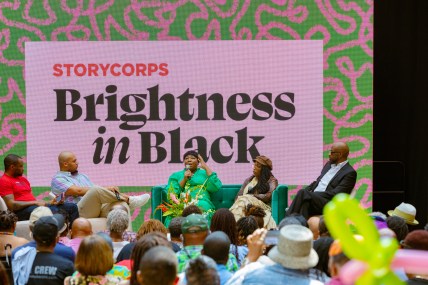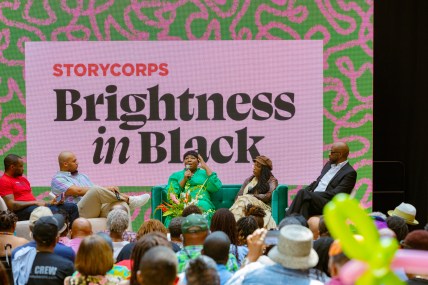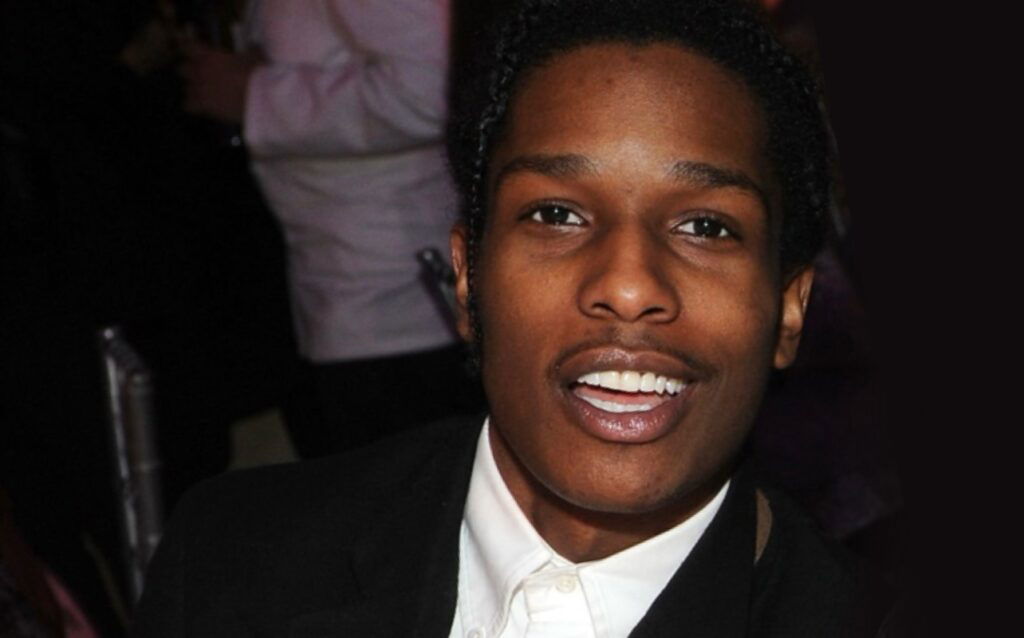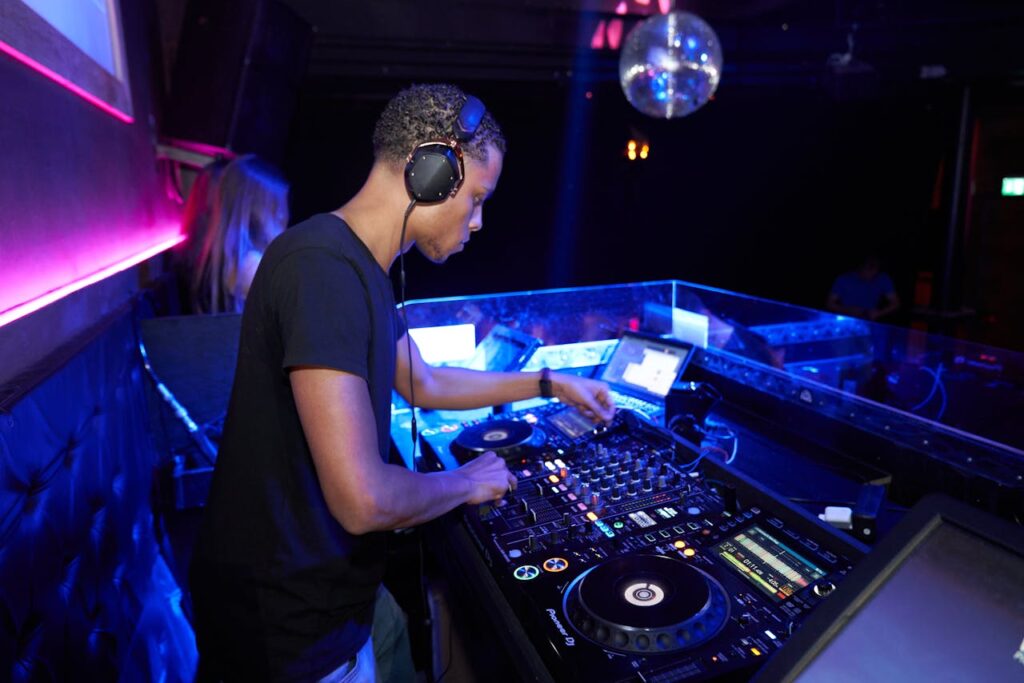Activists and education experts are slamming President-elect Donald Trump’s proposal to seek “restitution” for so-called “victims” who are discriminated against by education programs related to diversity, equity, and inclusion, also known as DEI.
“It is consistent in tapping into an unjustifiable feeling — whether that be rage, ignorance or animus — that people have that’s really anchored in a desire to whitewash history,” Dr. David J. Johns, CEO and executive director of the National Black Justice Coalition, told theGrio.
The aim of Trump and Republicans in eliminating DEI in public education, said Johns, is to “prevent students and people by censure from engaging in critical thinking in ways that make it easier to uphold this regime.”
In a video, Trump vowed to use the power of the Justice Department to “pursue federal civil rights cases” against schools that “engage in racial discrimination and schools that persist in explicit, unlawful discrimination under the guise of equity.”
The president-elect said he would tax the endowments of schools engaging in racial equity work and fine them. He proposed that a “portion of the seized funds will then be used as restitution for victims of these illegal and unjust policies … that hurt our country so badly.”
While some on the internet have described Trump’s proposal as “reparations” for white people, racial justice advocates make clear the term is a misnomer.
“It’s really important that we are not so loose with the word reparations. He himself didn’t use the word reparations, and I think it’s important that we don’t start misusing that term, especially as we’re still trying to educate people about what it means,” said Dr. Marcus Anthony Hunter, author of “Radical Reparations: Healing the Soul of a Nation.”
Hunter, who teaches African-American studies at UCLA, told theGrio, “If we’re going to have a reparations conversation, I prefer for it to be on terms that work within the actual concept, and not just throwing it onto things that Trump is saying and do it because it just distorts the conversation.”
Dr. Johns said Trump’s “restitution” proposal could be better described as “grievance grants” for white people. The scholar and activist said Trump’s renewed attacks on DEI are nothing new.
“What he’s done is consistent with what the Daughters of the Confederacy did after the Civil War,” said Johns, in reference to the group’s promotion of the false “Lost Cause” ideology that minimized the role of slavery as the cause of the Civil War and painted the Confederacy in a more positive light.
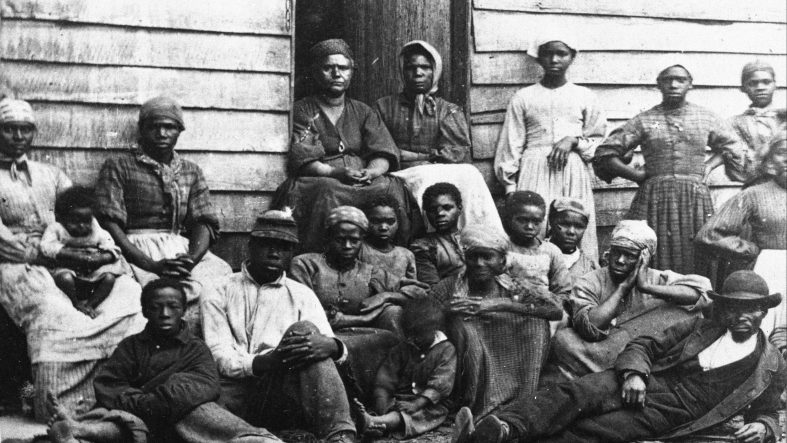
“It’s consistent with the action of similarly situated white delusional people who operate on and work to preserve white delusions, particularly occupants of the Oval Office,” Johns told theGrio. “So when we think about the grievance grants that were provided to enslavers after they lost the Civil War … that’s what he’s coming from. And it’s the same premise.”
No federal law currently bans education programs considered DEI, except the prohibition of race-based admissions, also known as affirmative action, struck down by the U.S. Supreme Court in 2023. However, several governors have sought to bar DEI programs through legislation on the state level. It’s also unclear if Trump can actually fine school endowments as he claims.
Dr. Hunter said Trump’s claim of “restitution” over the issue of equity reminded him of a racial discrimination lawsuit filed in 2023 by a white student attending Howard University Law School. While the student’s claim of “disparate treatment” based on his race was dismissed by a federal judge, his suit was allowed to proceed under the guise of him losing his scholarship being “racially motivated.”
“With many of these things, you have to be able to prove verifiable damages,” said Hunter. “So some of what [Trump] is saying will happen isn’t really possible because people can’t really prove damages. So it’s also just like a rhetorical conversation that’s just very dangerous.”
Like the Howard Law School lawsuit surrounding the white student’s scholarship, Dr. Weadé James, senior director of K-12 education policy at Center for American Progress, told theGrio that legal cases against DEI can be brought in court in the context of scholarships. Similar anti-white discrimination lawsuits have been brought in the business industry, like the federal lawsuit against the Fearless Fund, which provided grants for Black female-owned businesses.
“In terms of restitution for victims, I’m really not sure where they’re going with this,” said James. “I have not heard of students who have had concerns about DEI programs on the campuses or at their institutions being discriminatory towards them.” She added, “I would love to know more about where they’re getting these victimization sort of arguments from.”
Ultimately, advocates warn that eliminating DEI from classrooms will undo the little progress made in diversifying schools and uplifting multicultural knowledge.
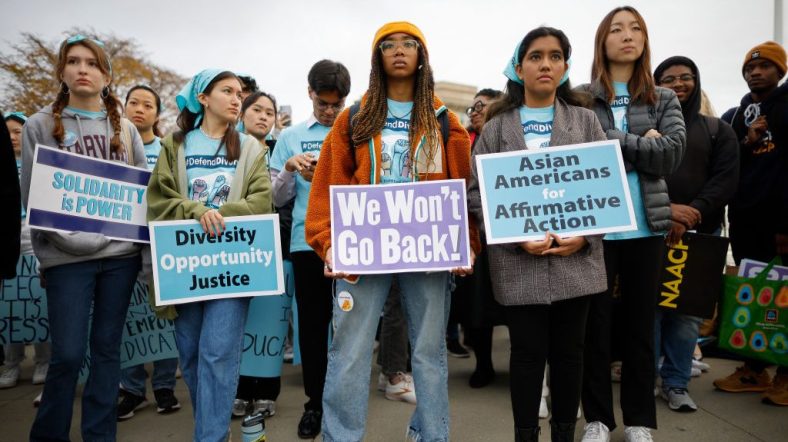
“DEI is actually part of how we ensure that we have a society that is inclusive, that prioritizes belonging and that is safe for everyone to thrive,” said Dr. James. “So, the idea that we eliminate DEI teachings and principles within schools means that we are trying to divide our society at large.”
She continued, “Removing those programs means that we’re going to see a lack of culturally responsive teaching from teachers, meaning that they’re not going to be recognizing or using instructional materials that teach different histories that reflect different cultures and different identities.”
Dr. Johns of NBJC warns that the consequences of attacks on DEI and Trump’s proposal to eliminate the Department of Education have starker consequences for Black, brown, and LGBTQ students and educators.
“I’ve witnessed, and I’m in relationship with, children who are experiencing political bullies restrict their access to care, their access to affirming and supportive educators, their ability to find out-of-school groups and programs where they can be affirmed, and knowing that they are brilliantly and wonderfully made exactly as they are,” said Johns.
He continued, “They have few lifelines to prevent them from entertaining, let alone exercising the option of suicidality, which is which continues to increase when we think about black youth generally, and then racial and ethnic, minoritized youth who are also members of sexual minority communities.”
“Where do educators go when they are wrongfully targets of white racial actors? Where do we tell people to file a complaint?” Johns queried.
However, Dr. Johns reminds that public education and the “prison industrial complex” were “never designed to affirm benefit or otherwise ensure that Black people thrive, which is why we have a long tradition of creating institutions to do that work.”
He added, “I hope that churches and fraternities and sororities and organizations that many of us show up in service to understand the need to fill this gap in radically inclusive and loving ways.”


